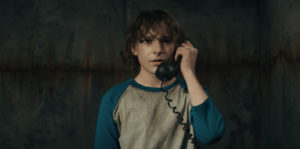
The other barrier facing The Black Phone is, well, the titular black phone itself; more accurately, how it works. In the basement where The Grabber is keeping Finney, there’s a black phone mounted on the wall. It is disconnected, but the previous victims’ spirits use it to call Finney and help him escape. The first call is from Bruce, though he doesn’t remember his name, as it is “the first thing you lose.” Bruce reiterates a meaningful thing he said to Finney at the earlier baseball game.
As the plot progresses, each victim gets a chance to call Finney and help him realize what must be done. During every call, save for the first, the ghosts of the deceased appear in the cellar. But why didn’t Bruce show up? It makes no sense that he wouldn’t appear when all the others do. This makes the first appearance of the apparition jarring and confusing, leading to questions with no good answers.
But, when The Black Phone is scary, it is truly terrifying in every sense. Derrickson and Cargill take great care in crafting their characters, so once Finney and Gwen are put through the wringer, audiences feel deeply for them both. The script divides its time between Finney in the concrete, soundproofed room and Gwen’s dreams leading her on a journey to find her beloved brother. An eerie sequence involves The Grabber leaving the door unlocked. Unbeknownst to Finney, he’s at the top of the stairs with a belt in hand. Watching the main character creep his way up is unnerving. A simple conversation between Terrence and his daughter has a sense of unease hanging off every uttered syllable. From a sheer horror standpoint, Derrickson delivers on all fronts.
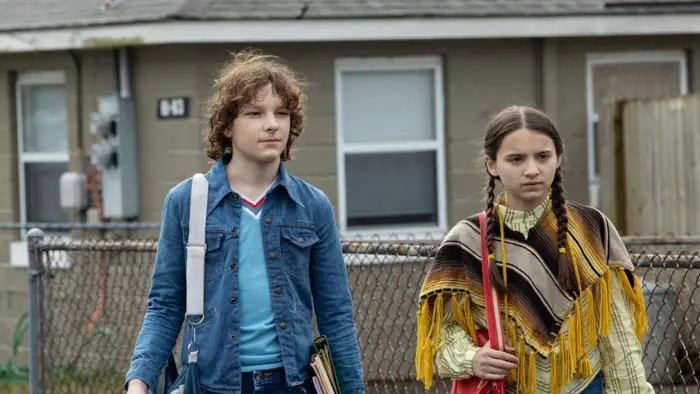
“…Derrickson delivers on all fronts.”
This in large parts thanks to editor Frédéric Thoraval and DOP Brett Jutkiewicz. Thoraval keeps the pace up, perfectly balancing Finney’s tale of woe with Gwen’s desperate search. As much as Finney is the character with the biggest arc, the film’s pretty evenly divided between the two. Jutkiewicz imbues the basement with a haunting feeling as if the walls themselves are trying to reach out and grab Finney. It’s spooky in all the right ways.
Then there’s the cast. Hawke is delightfully sinister as The Grabber, using a high-pitched, giddy laugh to eerie effect. In his feature debut, Thames shows quite a range, from anxiety to intelligence to desperation. McGraw sheds her Bonnie persona (Toy Story 3 & 4) here, cussing up a storm believable. She makes Gwen the beating heart and soul of the entire film. The always underrated but greatly valued Davies (big shout out to 29 Palms) brings a lot to Terrence, carefully never making the abusive drunk a true monster. When he tells his kids he loves them, it seems sincere, despite his horrific actions.
But what makes every plothole or confusing moment of The Black Phone worth it are the final 20 or so minutes. The finale comes together perfectly and beautifully, making pulses pound and hearts skip beats every frame. The audience is on the edge of their seats here, holding their breath for so long that one can hear a pin drop. It’s scary, intense, and moody. Derrickson’s first film since Doctor Strange (the first one, the good one) is one of the best horror films in a very long time.
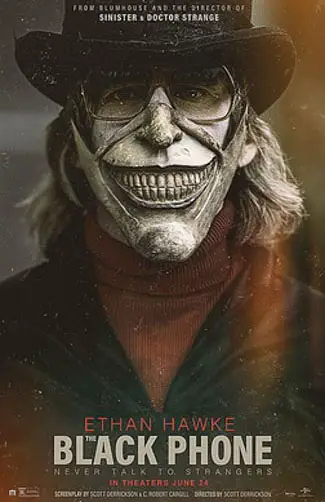
"…one of the best horror films in a very long time."
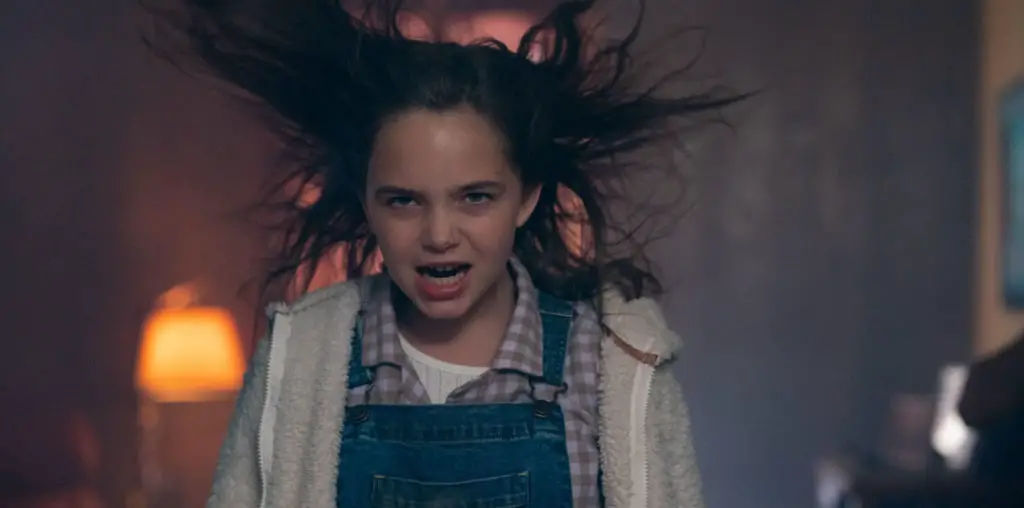
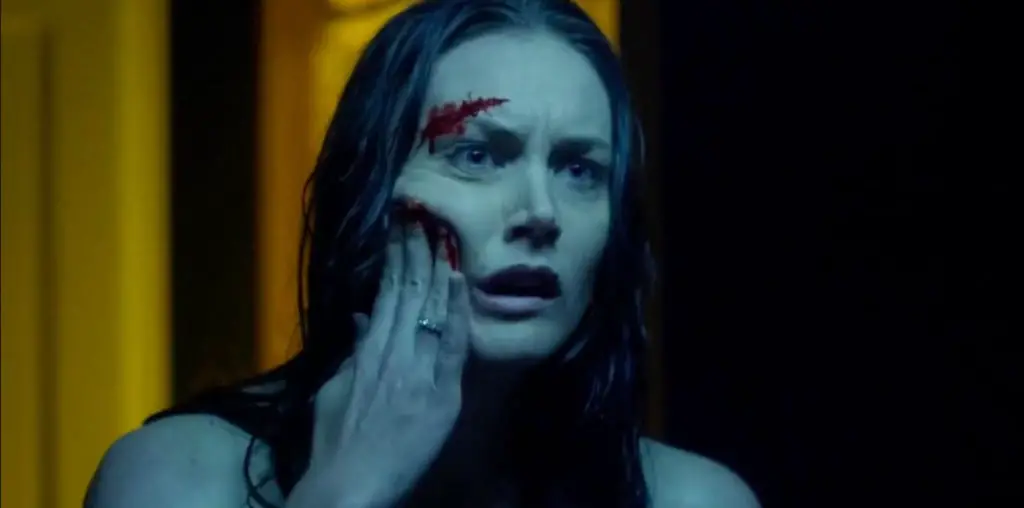
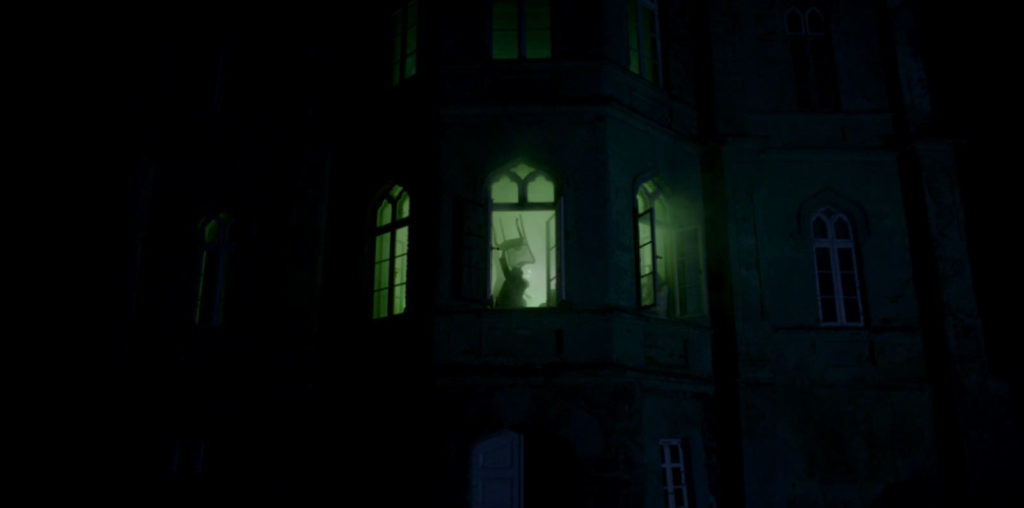
[…] Source link […]